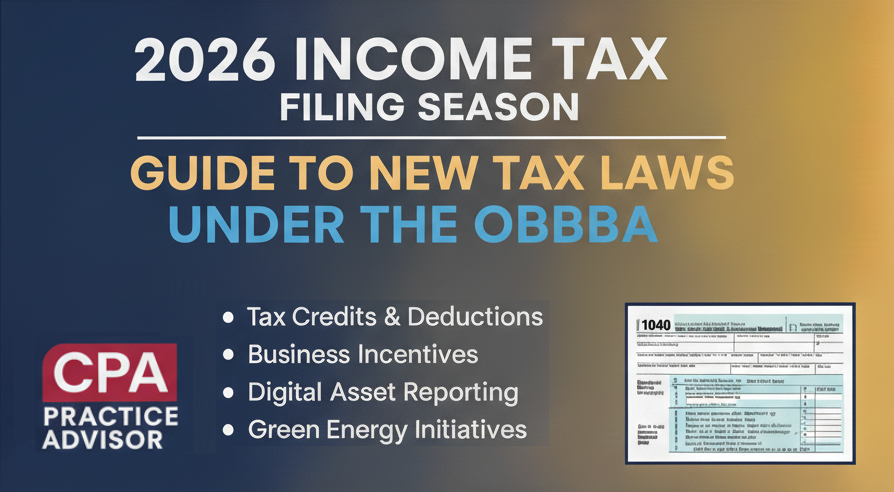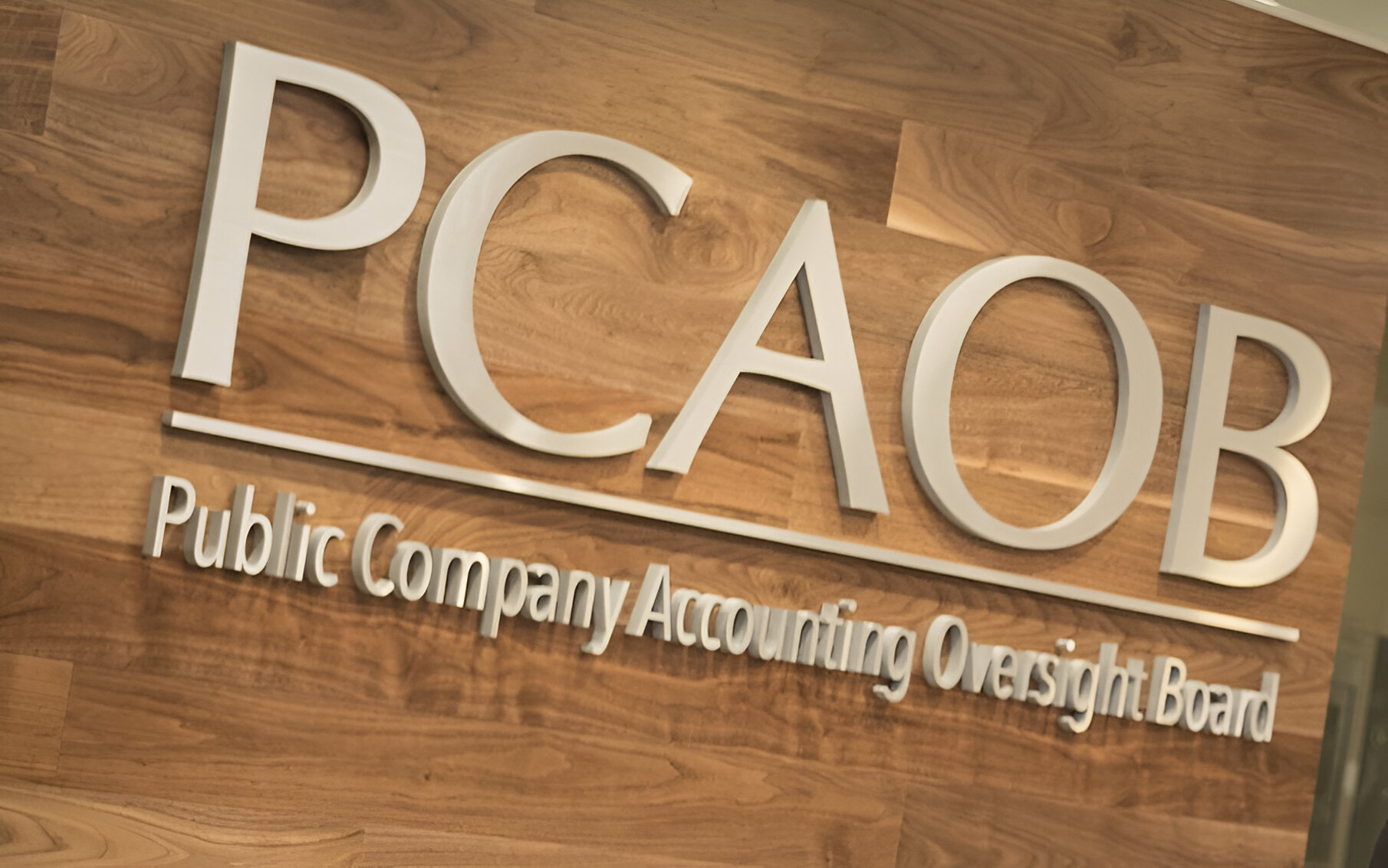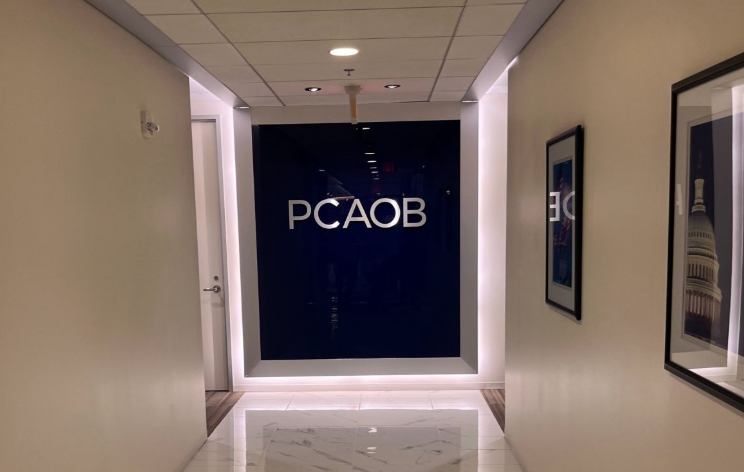[This is part of a series of articles on protecting deductions
for travel and entertainment (T&E) expenses.]
There’s nothing new about taxpayers mixing business with pleasure. For instance, a business executive might paint the town red after he or she signs a six-figure contract with a client or customer. Is the cost of entertaining the client or customer tax-deductible? It depends.
Under long-standing rules, entertainment expenses may be deducted only if the entertainment is “directly related to” or “associated with” your business. In any event, deductions are generally limited to 50% of the cost, although there are several exceptions to the general rule (see below).
To be directly-related to your business, you must show that
- The main purpose of the combined business and entertainment was the active conduct of your business,
- You engaged in business with the person during this time, and
- You had more than a general expectation of deriving income or some other specific business benefit at some future date. If the entertainment takes place in a clear business setting, like at a hospitality suite at a convention where you display products, it may qualify for deductions.
But it’s far more common to deduct entertainment that is associated with your business. In this case, you must show a clear business purpose for the expense, such as generating new revenue or strengthening an existing business relationship. In addition, the entertainment must precede or follow a substantial business discussion. Although each determination is based on the particular facts and circumstances, a “substantial business discussion” is typically one in which you actively engage in a conversation, meeting, negotiation or other business transaction to obtain income or provide some other specific business benefit.
A taxpayer qualifies for deductions if the entertainment takes place on the same day as the substantial business discussion. If the client or customer is from out of town, the entertainment may occur on the day before or after the substantial business discussion.
Let’s go back to our previous scenario. After the negotiations are concluded, the taxpayer treats the client or customer to dinner, a show and drinks afterwards. He or she includes their significant others for a party of four. The total tab for the evening comes to $1,000. As a result, the taxpayer can deduct 50% of the cost, or $500.
Note that you can’t go hog-wild just because you qualify for deductions. The IRS may object to deductions for entertainment expenses that are “lavish or extravagant.” But deductions won’t be disallowed merely because the activities take place at a deluxe restaurant, hotel, nightclub or resort.
Finally, the IRS imposes strict recordkeeping requirements in this area. A taxpayer should document expenses in an account book, diary, log, trip sheets or similar record. Record the cost of each expense; the date, time and place of the entertainment; the names of the business people being entertained; their business relationships; and the business purpose. Also, keep other documentary evidence to support deductible expenses, such as receipts, canceled checks, or bills.
=====================
Tax Joy in Holiday Parties
Do you want to celebrate the holidays with your staff? You might decide to hold a party on your business premises or at a local venue. In either case, the cost of the gathering is 100% deductible as business entertainment, as opposed to the usual 50% limit, as long as the entire workforce is invited. But you can’t restrict the party to higher-ups.
Suppose you invite a few friends to the event. This won’t necessarily jeopardize the deduction, but the costs attributable to social guest can’t be deducted.
Thanks for reading CPA Practice Advisor!
Subscribe Already registered? Log In
Need more information? Read the FAQs
Tags: Accounting, Income Taxes





